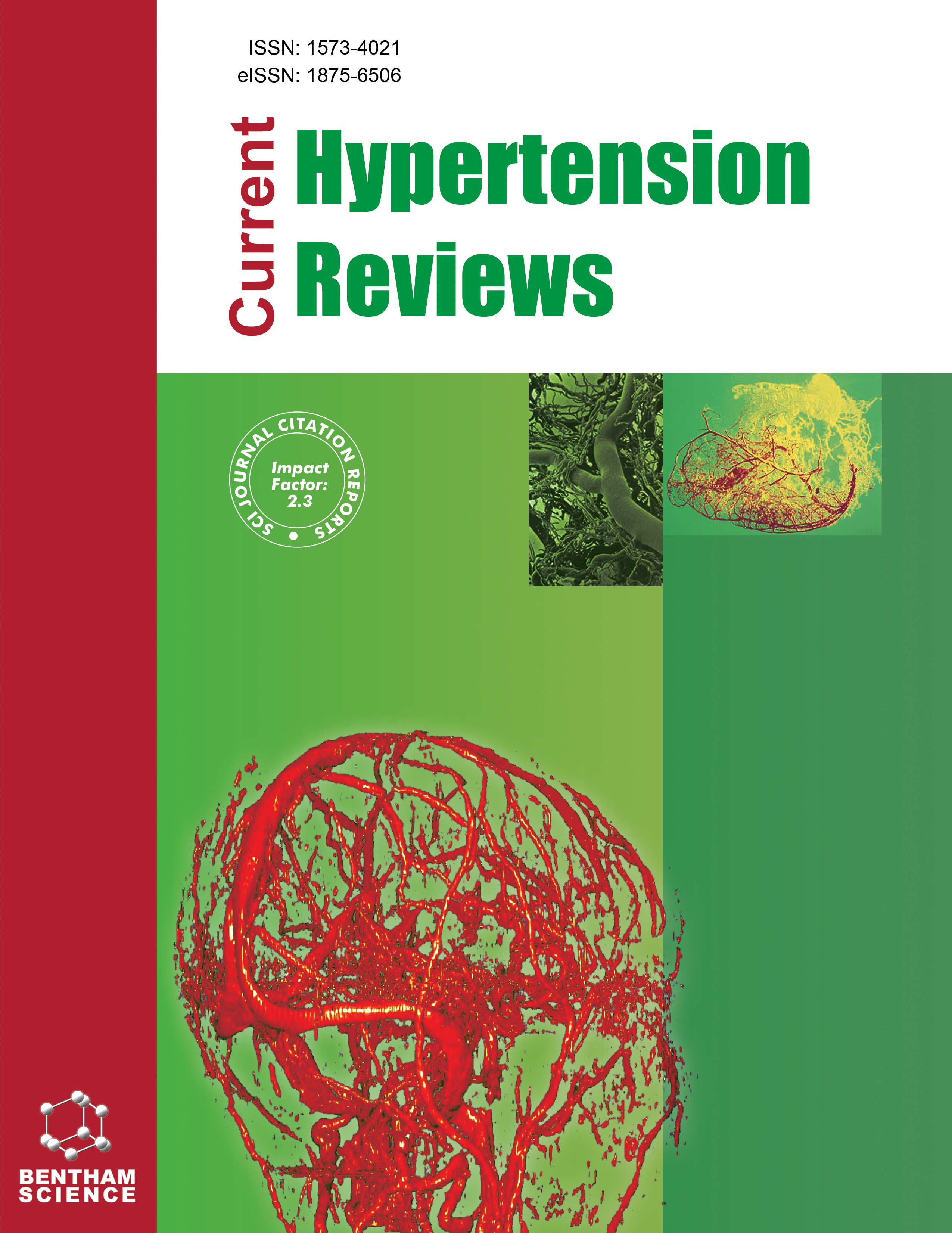-
s Impact of Mast Cell Chymase on Renal Disease Progression
- Source: Current Hypertension Reviews, Volume 8, Issue 1, Feb 2012, p. 15 - 23
-
- 01 Feb 2012
Abstract
Chymase, a serine protease found in mast cell granules, is released into the interstitium following injury or inflammation. Chymase is the primary ACE-independent pathway of angiotensin II formation, and also functions to activate TGF-beta and other promoters of extracellular matrix degradation, thereby playing a role in tissue remodeling. In the diseased kidney, chymase-containing mast cells markedly increase and their density correlates with tubulointerstitial fibrosis severity. Studies in humans support the pathologic role of chymase in diabetic nephropathy, while animal studies form the basis for the importance of increased chymase-dependent angiotensin II formation in progressive hypertensive, diabetic and inflammatory nephropathies. Moreover, humans with kidney disease express chymase in diseased blood vessels in concordance with significantly elevated plasma chymase levels. Conversely, specific chymase inhibitors attenuate angiotensin II production and renal fibrosis in animal models, suggesting their potential therapeutic benefit in human nephropathy, where chymase-containing mast cells accumulate and contribute to progressive disease.


